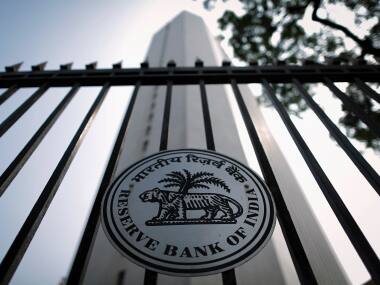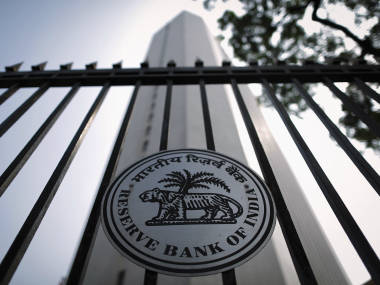Prima facie there is nothing new in the Reserve Bank of India’s (RBI) notification on Thursday allowing banks to offer differential rate of interest on term deposits based on whether these deposits can be prematurely withdrawn or not. If indeed banks come out with products that offer differential rates of interest, one should expect that customers who withdraw a term deposit prematurely should receive a lower rate of interest compared to those who completes the tenure. To be sure, this is not new in the banking system. In the past, some banks used to offer deposit products that offer different rate of interest based on when the customer break the fixed deposits (FD). [caption id=“attachment_2199196” align=“alignleft” width=“380”]  Reuters[/caption] Also, in most cases, if a customer breaks an FD before the maturity, banks impose some sort of penalty, like a return lower than what the customer would receive at the end of the contract. But the catch is that not all banks penalise customers for premature withdrawal. For instance, some banks offer deposit products to customers than be converted into a fixed deposit and back to a savings deposit without any additional charges. It isn’t easy for a depositor to know the policies of a particular bank in advance. This is where the RBI has smartly moved in ensuring fairness to the customer by stipulating certain conditions. One, for all deposits below Rs 15 lakh, banks need to ensure premature withdrawal facility. Two, banks need to have a board-approved transparent policy while deciding interest rates on deposits and should not keep it vague. Third, banks should ensure the customer that it will stick to the schedule of interest payments agreed in the beginning. At present, there is no transparency on what rate a customer receives if he breaks a term deposit prematurely. The customer would come to know about the final return only when he gets the money in hand. Also, banks do not follow any uniform code on whether to charge penalty on premature withdrawal of fixed deposits. The RBI has addressed this problem by formalizing the scheme of differential rate of interests on deposits. “Ultimately, these benefits the customer as the entire process would be more transparent,” said Naresh Malhotra, former deputy general manager at SBI. For banks, the new structure wouldn’t make much of difference. Bulk deposits, which typically form 20 percent to 30 percent of their deposits, are kept with banks for a shorter tenure—say six months to one year. The RBI norms give the freedom to banks not to offer differential rate of interest products for bulk deposits. But, if indeed, banks choose to offer this on bulk deposits, then they can build up a deposit profile, upon which they can exercise more control.
For banks, the new structure wouldn’t make much of difference
Advertisement
End of Article


)

)
)
)
)
)
)
)
)



